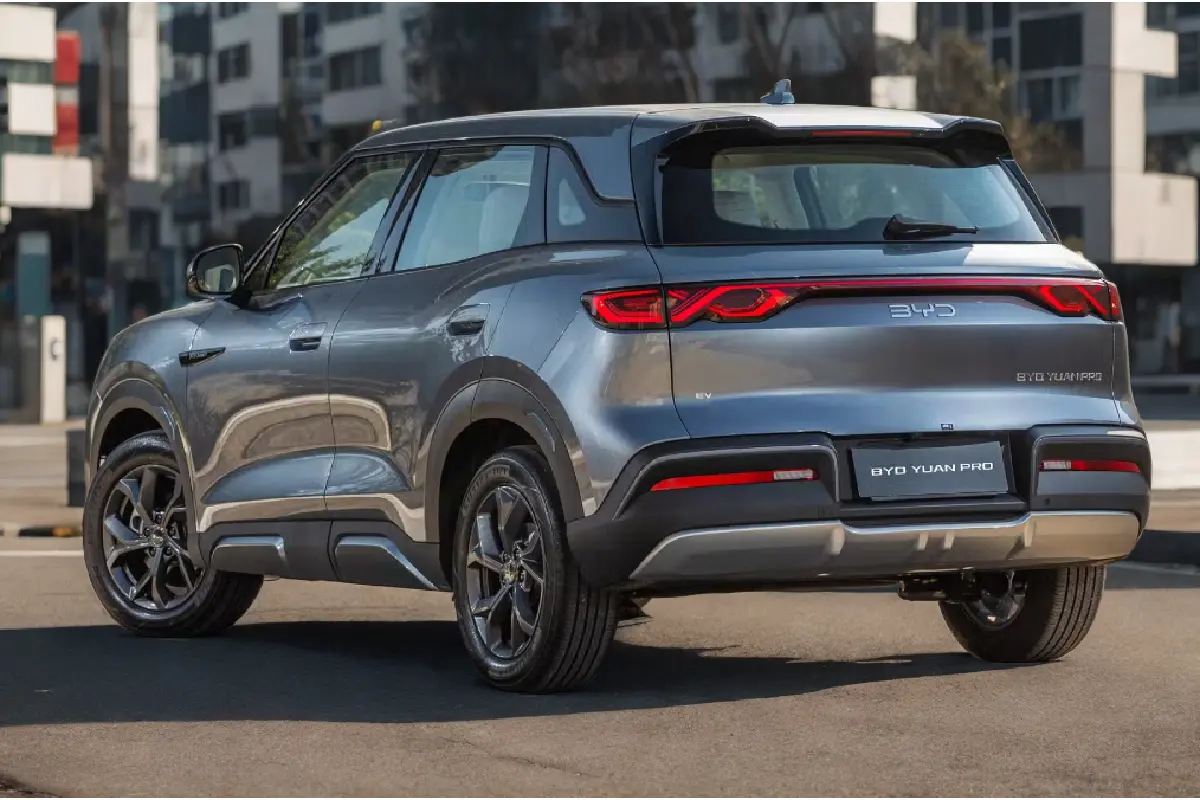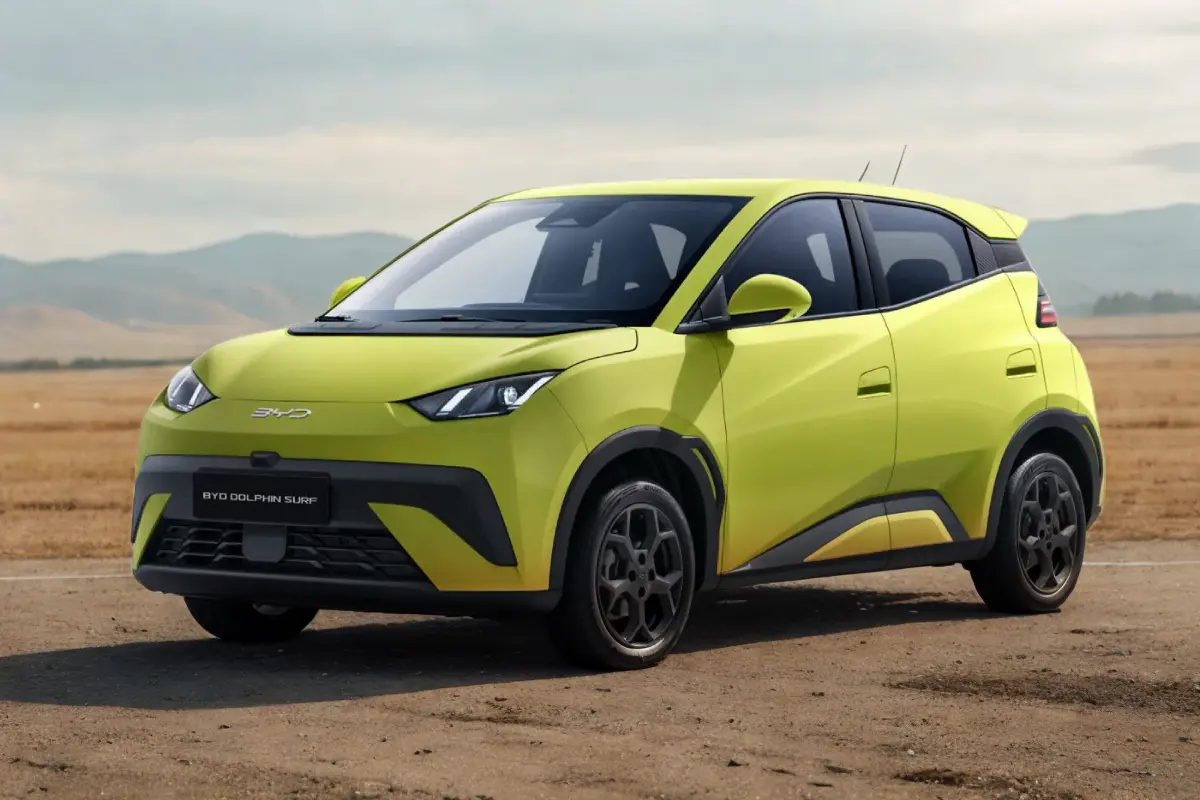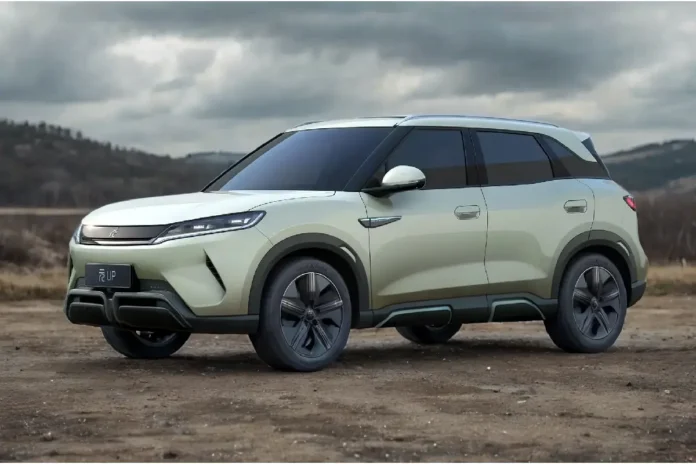In the rapidly evolving world of electric mobility, Chinese automakers are emerging as financially robust pioneers, setting new benchmarks that outshine many of their international counterparts. In a stirring statement that is reverberating throughout the industry, BYD—the global frontrunner in electric vehicle production—has come forward to defend its sales strategies against persistent allegations of artificial inflation. According to CommaFast, BYD’s approach underscores a broader trend: Chinese automotive powerhouses may well be on more stable financial footing than many established foreign brands.
BYD’s Meteoric Ascent and Global Leadership
BYD’s ascent to becoming the number one electric vehicle manufacturer globally—an accolade achieved as early as April 2025—has not come without its share of scrutiny. Accusations have circulated regarding “tactical sales,” where vehicles are registered in a way intended to strengthen sales figures without reflecting actual customer purchases. Rather than capitulating to these critiques, BYD has defended its strategy, arguing that these measures are part of an aggressive and market-responsive approach aimed at managing inventory and bolstering market penetration.
A recent unveiling of their new electric model, the Dolphin Surf, reinforces BYD’s commitment to innovation and marketing agility. Even as some detractors compare its methods to speculative practices observed in other sectors, BYD remains resolute in asserting that the financial health of Chinese manufacturers stands apart from that of their foreign competitors.

Unraveling Tactical Sales: Strategy Over Signal
The crux of the debate centers on what many refer to as “tactical sales”—a technique wherein vehicles not immediately sold to end users are registered and later offered as nearly new at competitive prices. This method not only helps in maintaining strong sales statistics during periods of heavy production but also serves as an instrument for capturing diverse market segments. While such practices have drawn the attention of regulatory authorities in China, they simultaneously highlight the flexibility and readiness inherent in Chinese market strategies.
For manufacturers committed to rapid market adaptation, agility and tactical nuance have become critical. BYD’s stance is clear: when dissected via key performance metrics, these tactics do not indicate risk but rather a robust financial strategy that leverages lower production costs and faster developmental cycles.
Financial Metrics That Speak Volumes
At the heart of this discussion is a set of compelling financial indicators. BYD’s spokesperson, Li Yunfei, has repeatedly emphasized that the financial ratios—such as an active-to-passive ratio of around 70%—demonstrate a balanced and solid fiscal structure. According to Li, the notion of an “automotive Evergrande” is unfounded, as detailed data clearly shows that Chinese automakers have built resilient business models sustained by cost-effective manufacturing and technology-led innovation.
Consider the following comparison table, which outlines key operational metrics between Chinese auto manufacturers and their international competitors:
| Key Metric | Chinese Automakers | International Counterparts |
|---|---|---|
| Production Costs | Up to 35% lower due to streamlined manufacturing | Generally higher due to traditional processes |
| Sales Cycles | Rapid cycles of 18–24 months, promoting quicker innovation | Longer cycles with slower market adaptation |
| Technological Edge | Advanced infotainment systems and software-defined features | Conventional systems with incremental advancements |
| Financial Ratios | Active-to-passive ratio around 70%, reflecting strong health | Often subject to scrutiny amid market fluctuations |
This table encapsulates why industry insiders believe that Chinese brands are not only surviving but thriving in an era where speed, innovation, and fiscal prudence are the keys to success.
Addressing Rivalry and Criticism
Not all industry voices applaud BYD’s methods. Prominent figures like Wei Jianjun, head of Great Wall Motor, have controversially likened BYD’s practices to those seen in troubled sectors such as the real estate market. However, BYD’s rebuttal is robust and unequivocal. Through a detailed public statement on platforms like Weibo, BYD’s representative debunked the comparisons and reiterated that the financial discipline observed in Chinese manufacturing is unique and superior.
Such debates reveal the polarizing nature of the current automotive market. As companies across continents strive to secure a foothold in the burgeoning electric vehicle sector, the evolution of sales strategies and fiscal management practices is sparking a broader conversation about industry stability and best practices.

The Future of Electric Mobility: A Chinese Advantage?
Looking ahead, the implications of this financial solidity extend far beyond boardroom debates. For consumers in the United Kingdom and around the globe, a financially robust manufacturer translates to more reliable product development, innovative features, and competitive pricing. Chinese automakers are poised to capture significant market share—not just by leveraging cost advantages but also by continuously refining their approach to technology integration and customer engagement.
The success of BYD and its compatriots signals a transformative period in the global automotive landscape. With aggressive sales strategies, advanced tech innovations, and a financial foundation designed for scalability, the future of electric mobility appears to be distinctly intertwined with the Chinese model.
Global Dynamics and Regulatory Oversight
Even as Chinese firms expand their influence internationally, regulatory bodies are closely monitoring their practices. These oversight efforts are intended to ensure that aggressive market tactics do not undermine consumer trust or disrupt fair competition. CommaFast will continue to follow these developments, providing updates and expert insights to help stakeholders navigate the fast-paced changes in the electric vehicle market.
Concluding Thoughts: A New Dawn for Electric Vehicles
The narrative emerging from China’s automotive sector is one of empowered innovation and unyielding financial stability. Despite the controversies and challenges, manufacturers like BYD continue to set a formidable pace—reminding us that in the realm of electric mobility, rapid evolution and robust fiscal management can indeed go hand in hand. For the United Kingdom’s vibrant tech and automotive scene, embracing these innovations could pave the way to a future where sustainable mobility is not just aspirational, but a tangible reality.




